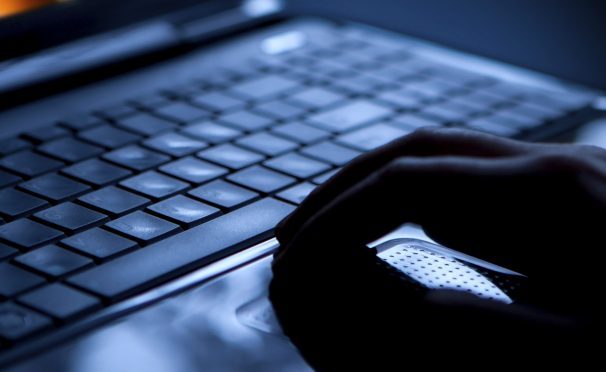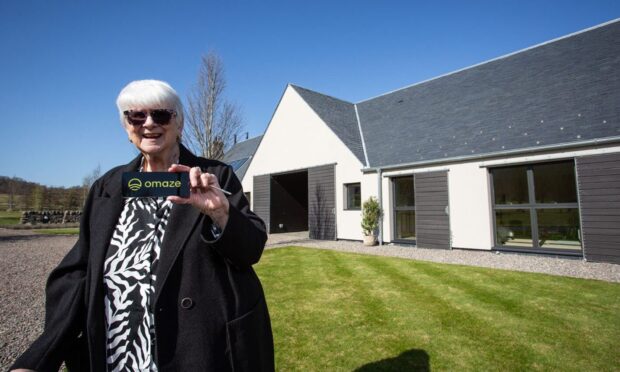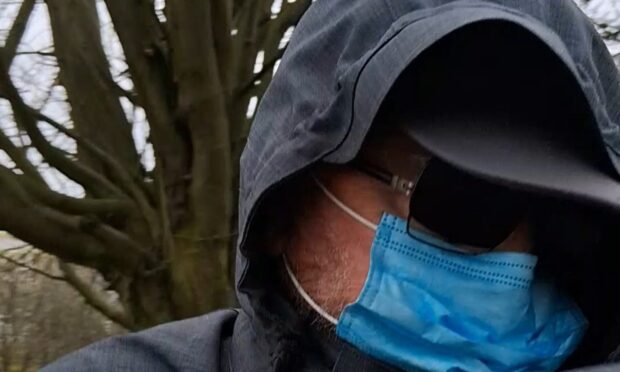More than half of parents of eight to 12-year-olds allow their children to use the internet without supervision, despite a majority thinking it is unsafe, according to a new survey.
Beano.com’s study found 55% of parents allow their 11 to 12 year-olds to go online unmonitored and 52% of eight to 10-year-olds have no allow them online unsupervised. This rises from 28% for parents of a six to seven-year-old.
However, nearly three-quarters of parents – 73% – think the internet is “not very” or “not at all” safe for children, according to the findings.
The survey also found more than half, 51%, of parents think the internet can contribute to poor mental health in children.
That number is higher – 54% – for younger parents aged under 34, who are more likely to be familiar with the internet. The percentage shoots up to 69% when discounting the 22% who answered “don’t know”.
One in 10 parents said their child has received a message via social media that could be considered bullying. Most of these were for 12-year-olds, the highest age canvassed in the poll.
Among the most popular social media sites, Snapchat, Tumblr and Instagram are the least understood by parent, although Facebook and YouTube are widely understood.
More than one in 10 parents feel the internet and social media has a negative impact on their child’s relationships with their friends and family members.
Nearly one in five feel it negatively impacts their overall satisfaction with life and the way they feel about themselves.
An overwhelming majority of British parents, 95%, feel the burden for ensuring their children’s online safety lies with them.
But 64% feel internet platforms such as Google should be leaders in safety, whilst 42% said the government should step up.
The findings come in the lead-up to Safer Internet Day on February 6, which encourages people to use technology “responsibly, respectfully, critically and creatively”.
Will Gardner, director of UK Safer Internet Centre, coordinators of Safer Internet Day, said: “Too many young people across the UK experience cyberbullying and it is essential we ensure they are supported by family and schools so that no child faces this alone.”
Emma Saddleton, Parents Helpline manager at YoungMinds, said: “The internet offers lots of amazing opportunities, but this research shows just how worried many parents are about the impact it can have on their children.
“Parents can’t police everything their child does online.”










